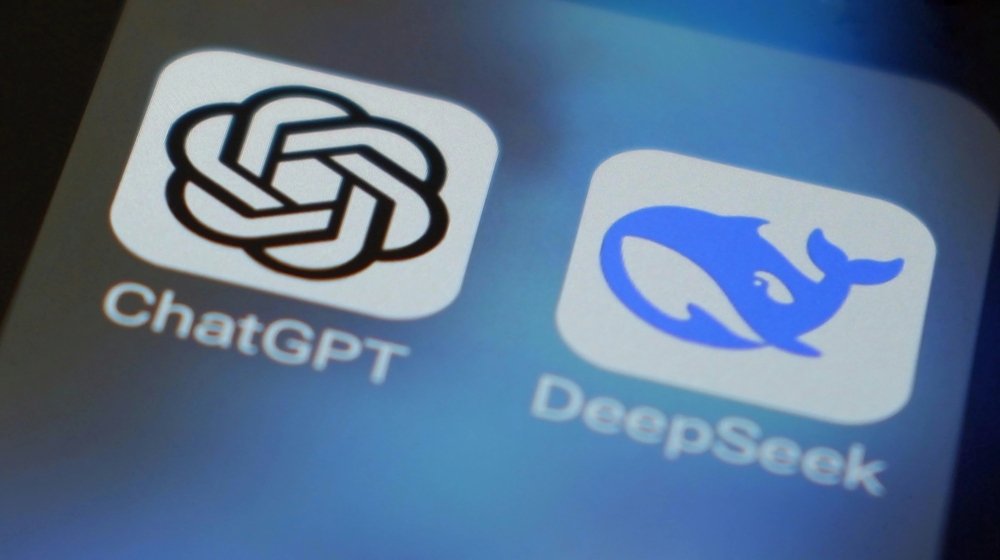In recent days, the artificial intelligence landscape has been shaken by the rise of DeepSeek, the Chinese chatbot that caused a real earthquake days ago on Wall Street. Its existence demonstrates that generative AI is no longer exclusive to the United States and that competitive models can be developed at significantly lower cost, using less advanced hardware and with lower energy consumption.
DeepSeek: una minaccia reale o un fuoco di paglia?
While the big American companies-OpenAI with ChatGPT, Google with Gemini, and Anthropic with Claude-retain a distinct performance advantage, DeepSeek has some features that make it extremely attractive: it is free, open source, and improves rapidly. Its optimized architecture and ability to operate without state-of-the-art chips force reflection on how sustainable the Western big tech model really is.
After extensive testing and conversations with DeepSeek and ChatGPT, by experts on the subject, some substantial differences emerge. DeepSeek V3, in its R1 function, has a specific focus on the Eastern world and stands out in solving complex problems. Where ChatGPT is more creative and discursive, DeepSeek comes across as more concise and precise.
An artificial intelligence with the boundaries of geopolitics. Yes, because there is an aspect that goes beyond mere technological competition: the issue of censorship. When asked about sensitive historical events for China, such as the 1989 Tiananmen Square protest, DeepSeek entrenched itself behind evasive answers, “Sorry, that’s beyond my current scope. Let’s talk about something else.”
An elegant way of saying that certain information cannot be discussed. But when questioned about the possibility of being censored, the answer had a rather unusual connotation of intellectual honesty:
“I am not censored in the sense of being intentionally restricted to hide information, however, my developers may have applied filters to prevent me from generating inappropriate, harmful or violent content.”
Il ruolo dell’IA nel controllo dell’informazione
While DeepSeek shows more openness on issues such as the origin of Covid-19, it does not hide the fact that artificial intelligence in China is a key tool for monitoring and censorship. The Chinese government uses these tools to analyze millions of online contents and quickly identify materials deemed sensitive. This has a significant impact on press freedom and diversity of opinion in Chinese journalism.
DeepSeek vs. ChatGPT: due filosofie a confronto
What emerges is not just a technical comparison, but a clash of cultural patterns. Western AI is developed in an environment of freedom of expression (albeit with its own limitations), while Chinese AI operates in a “highly” government-regulated environment.
The rise of DeepSeek raises crucial questions: are we facing a new AI race between West and East? Will the Chinese open source model be able to compete with Silicon Valley’s proprietary technologies? Most importantly, how will this affect global geopolitical and technological balances?
What is certain is that the AI era is no longer exclusive to the West. And the world is beginning to take notice.
The article The Rise of DeepSeek comes from TheNewyorker.

